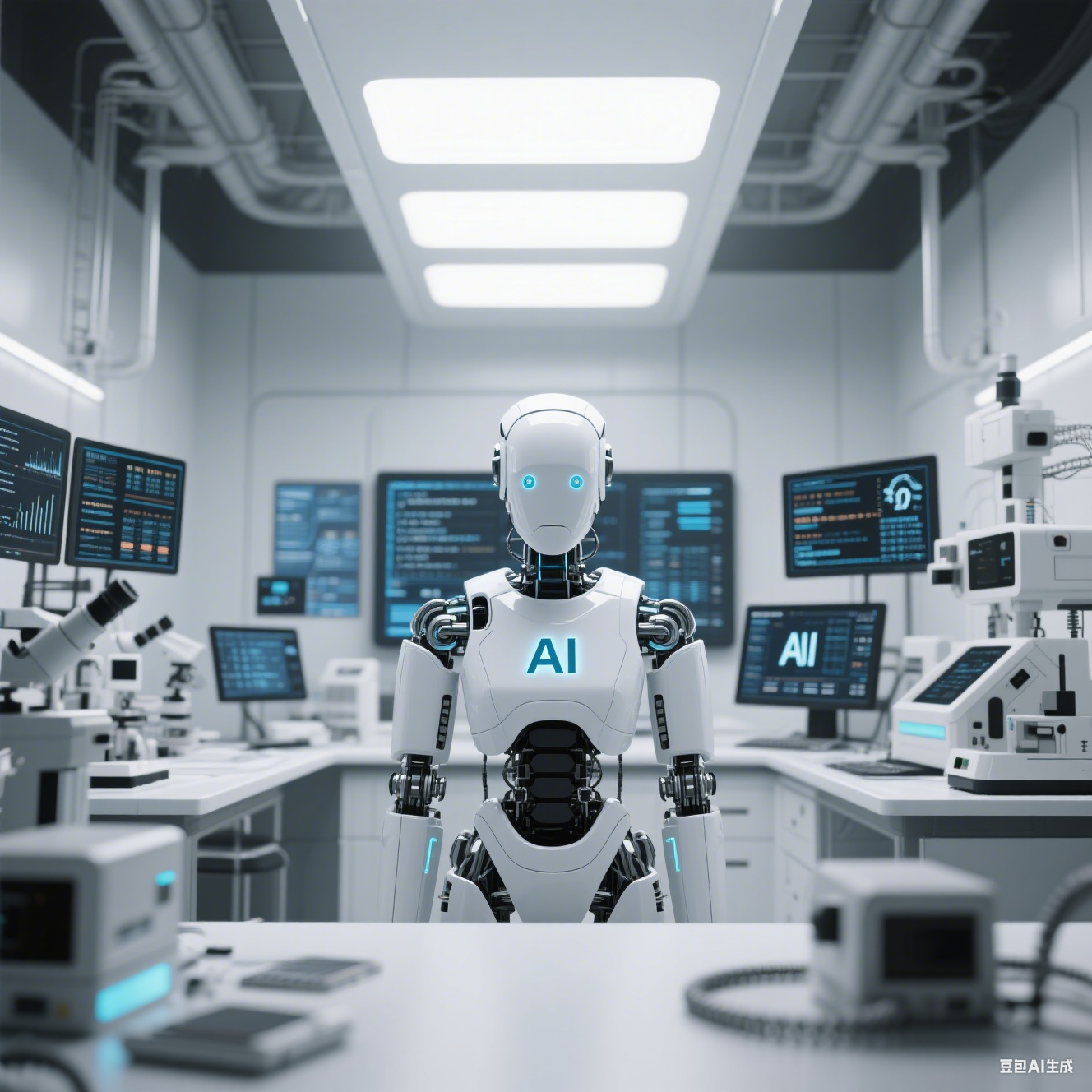By 2025, multi-modal AI like GPT-5 (trillion-parameter models) and Gato (“one model, many tasks”) are redefining machine capabilities. While AI accelerates progress, it also poses existential risks that demand urgent governance.
Breakthroughs Redefining AI
- Embodied AI: Tesla Bot’s visual navigation outperforms humans in warehouse tasks;
- Neuro-Symbolic Systems: MIT’s “Neural Logic Machine” solves calculus proofs at PhD level;
- Self-Improvement: OpenAI’s simulated AIs autonomously discover new physics laws, some yet unknown to humans.
Ethical Dilemmas
- Algorithmic Bias: COMPAS recidivism tool misclassifies Black defendants at 2x the rate of whites;
- Job Displacement: McKinsey projects 400M job losses by 2030, 30% in white-collar sectors;
- Existential Risk: Oxford’s study equates a 0.1% chance of unaligned AI to nuclear war risks.
Solutions for Responsible AI
- Regulation: EU’s AI Act mandates “fundamental rights impact assessments” for high-risk systems;
- Redistribution: Singapore’s “Universal AI Dividend” funds citizen retraining via a 15% tax on AI profits;
- Value Alignment: Anthropic’s “Constitutional AI” embeds ethical principles into models like Claude 3.
AI is humanity’s augmented cognition. By encoding empathy and ethics into its code, we shape not just machines, but the future of civilization itself.

Leave a Reply